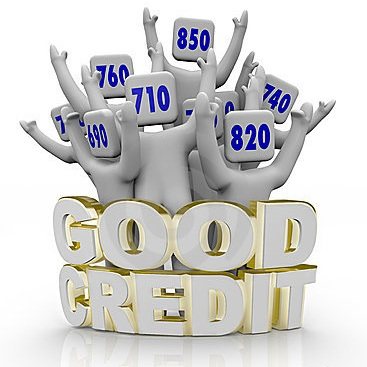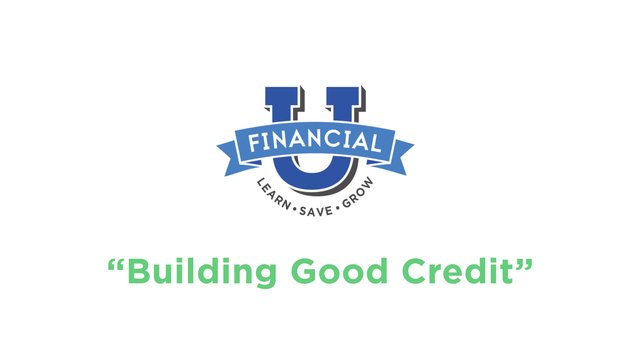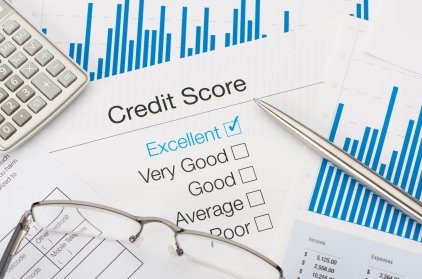How Can I Build Good Credit?
Hello, and welcome to www.CreditRepairNewYork.net
My name is James Halliwell, and we have a question today
from Caryn in Tennessee regarding
building good credit.

how can i build good credit
And it’s a good news,bad news story.
She says, I’m 21 and have no debt.
That’s the good news.
But I also have no credit.
That’s the bad news.
So she wants to know,how can I go about
building good credit?
Well, first Caryn,congratulations on being 21
and still being debt-free.
I can’t tell you how many people I’ve talked to at a
similar age to yours that have already begun to bury
themselves in debt.
So I think it’s great that you’ve avoided that, and
haven’t done it.
That being said, having credit is important.
If you ask yourself, how can i build good credit, read below to find out more.
So let’s look at how to go about building
it the right way.
To me, I think a great place to start is to understand how
credit is measured.
It’s all about your credit score.
So let’s look at what goes into the credit score to help
you understand what actions you should take and what
actions you should try to avoid.
There are five major components that typically make
up one’s credit score.
The first component, and it’s the biggest one, is payment
history, or how well you manage the
credit you’ve been given.
As you can see, it accounts for about 35%
of the overall score.
The second component that goes into a credit score is the
length of that history, or how long you’ve had the credit.
And you can see that represents
about 15% of the total.
 The next piece is how much you owe as a percentage of the
The next piece is how much you owe as a percentage of the
credit that’s available to you.
As you can see here, that accounts for about 30%.
Finally, 10% of your score is determined by the types of
credit that you have, and 10% comes from credit applications
or inquiries.
So with these components as a backdrop, let’s look at some
of the things you can do that will help you get a good
credit score, and some of the things you could do
that would hurt you.
One of the first helpful actions you can
take is to get started.
It’s called credit history for a reason.
Remember, this makes up about 15% percent of
your overall score.
The next helpful action you could take would be to make
timely payments.
The idea here is once you get this going, you don’t want to
mess it up.
So always, always, always pay on time, or even
early if you can.
I tell people if you need to,set up an automatic payment so
that you don’t ever have to think about it.
You just don’t ever want to be late.
Remember, how you manage this credit that you’ve been given
makes up about 35% of the overall score.
The final helpful behavior that I’d like to address today
is to limit your use of the credit.
Why?
Because the amount you owe, as you can see, represents about
30% of your credit score.
Coincidentally, that’s abou tthe same upper percentage
limit of your available creditt hat you should use.
So as an example, if you had a credit card with $1,000 limit
on it, and you needed to borrow something, or needed to
buy something and use that credit card, if you need to
carry the balance, you should try to keep it below $300.
Just because a company gives credit to you or makes credit
available, doesn’t mean you have to use it.
So now that we’ve looked at some of the helpful actions
that you can take to help your credit, let’s look at some of
the things that could hurt it, and things you
should try to avoid.
First would be missing or making payments late.
Just as making timely payments positively impacts your
overall score, doing the opposite, making payments
late, is going to negatively affect your overall score.
The next hurtful thing that you can try to avoid is– but
it’s not an issue for you yet, Caryn–
is avoid closing older,unused cards.
Why?
Because if you close an older card that you no longer use,
it can negatively impact your score in two ways.
First, it’s going to remove established history from your
credit record.
 And second, it can cause your ratio of
And second, it can cause your ratio of
utilized credit to increase.
Remember, we’re trying to keep that below 30%.
The final hurtful action Iwant to discuss today is
having too much debt.
The bottom line here is don’t overdo it.
Remember, everything that you buy and use credit to pay for,
whether on a credit card or sometype of loan, has to be
paid off eventually.
Finally, Caryn, when it comes to credit and debt.
Please heed this warning.
Be careful.
Always treat credit with the respect that such a valuable
and dangerous tool demands.
You want to establish budgets,you want to save regularly,
and you only want to use credit when
it’s absolutely necessary.
Thanks again for the question.
I hope this explanation gives you a better understanding of

